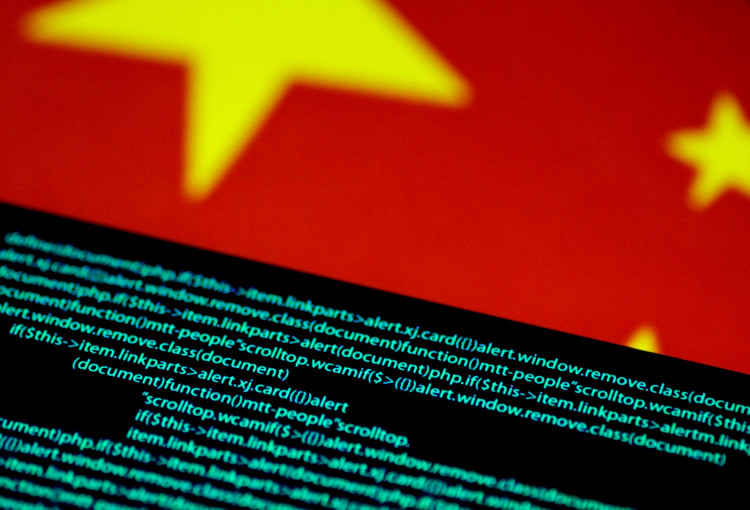CNN reports that Chinese authorities are utilizing cellphone data to locate demonstrators who protested in Beijing over the government's stringent COVID regulations.
The news outlet was informed by a protester that they were monitored after receiving a call on Wednesday from a police officer who said their cellphone signal had been recorded near the demonstration site.
In China, it is a legal requirement for all mobile phone users to give telecom companies their legal name and national identity number.
On Sunday night in Beijing, hundreds of protesters gathered near the Liangma River to demand a halt to the ongoing COVID experiments and lockdowns. Censorship was also criticized, and more political freedom was demanded.
According to a phone call recorded by CNN, the protester was questioned if they traveled to the Liangma River on Sunday night. When they denied being there, the caller inquired, "Then why did your cellphone number show up there?" "
The demonstrator was also directed to report to a police station for questioning and to sign a written record. When they inquired why they had to obey, the caller indicated it was "an order from the Beijing Municipal Public Security Bureau," according to the recording.
In China, protests over local issues sometimes happen, but the recent wave of protests is unlike anything seen since the Tiananmen Square pro-democracy uprising in 1989. Since 2012, when Chinese President Xi Jinping took office, the Communist Party has strengthened its control over all facets of society, launched a massive campaign against opposition, and established a sophisticated surveillance state.
This week, China's security system moved quickly to quell widespread protests by maintaining a strong police presence in areas where masses had assembled over the weekend or were expected to do so.
In Shanghai, where crowds called for Xi's removal on two consecutive nights, police searched residents' cellphones in the streets and subway for virtual private networks (VPNs) that can be used to circumvent China's internet firewall, or apps such as Twitter and Telegram, which have been used by protesters despite being banned in the country.
According to two demonstrators who talked to CNN, police also confiscated the smartphones of those who were arrested.
Some protesters took efforts to avoid being traced or identified. According to one demonstrator, she kept her phone on airplane mode during the rally and has not been contacted by police as of Thursday afternoon.





